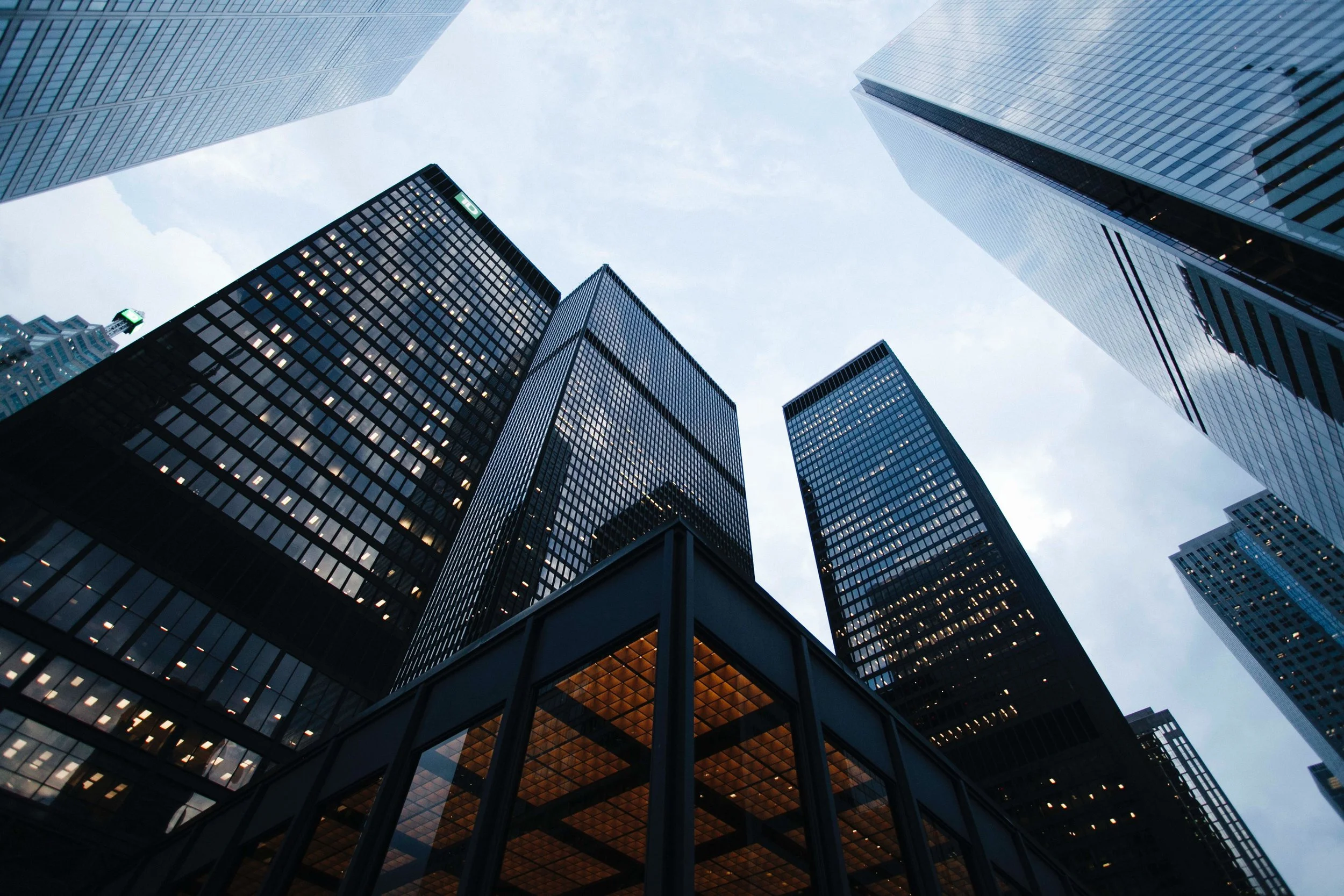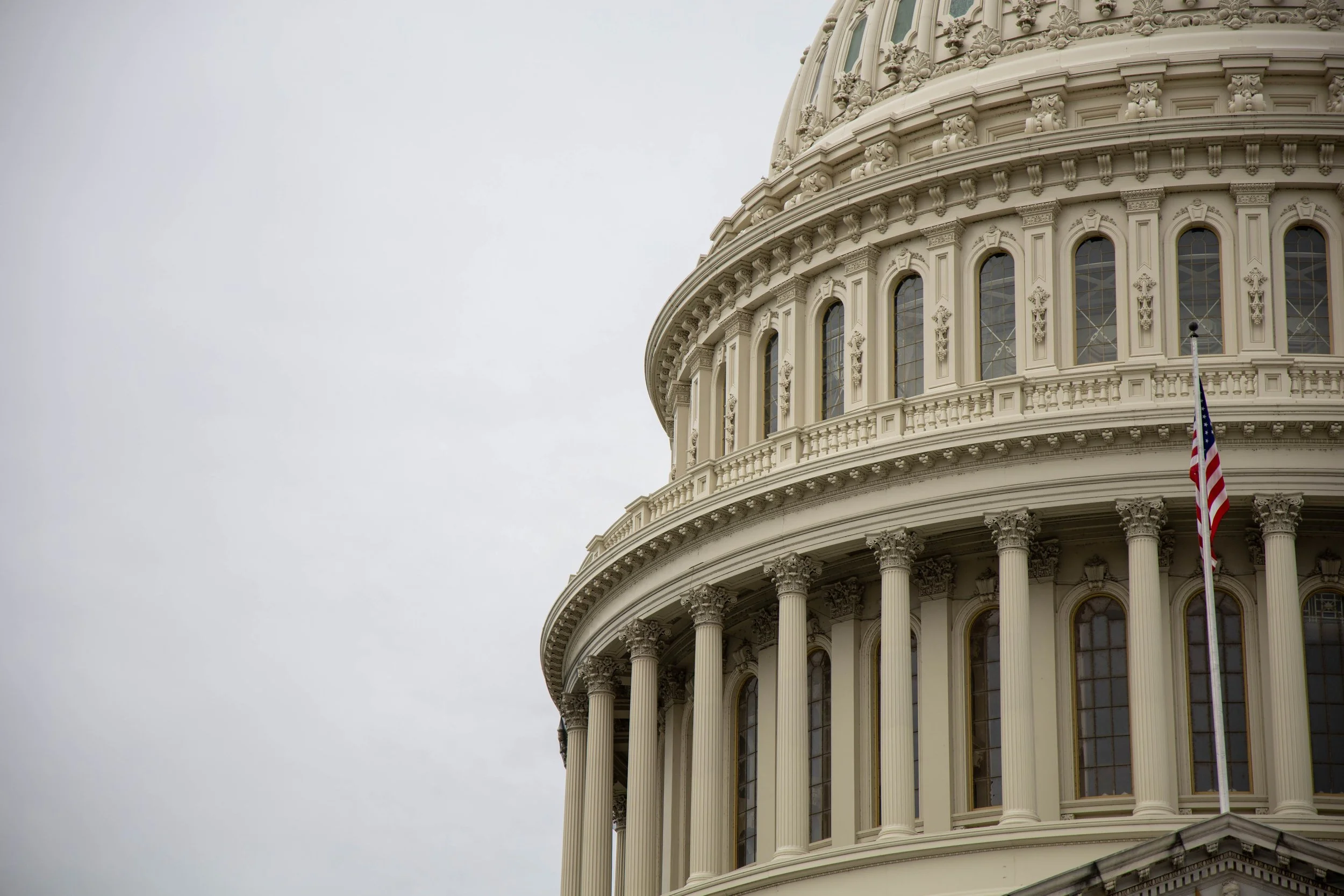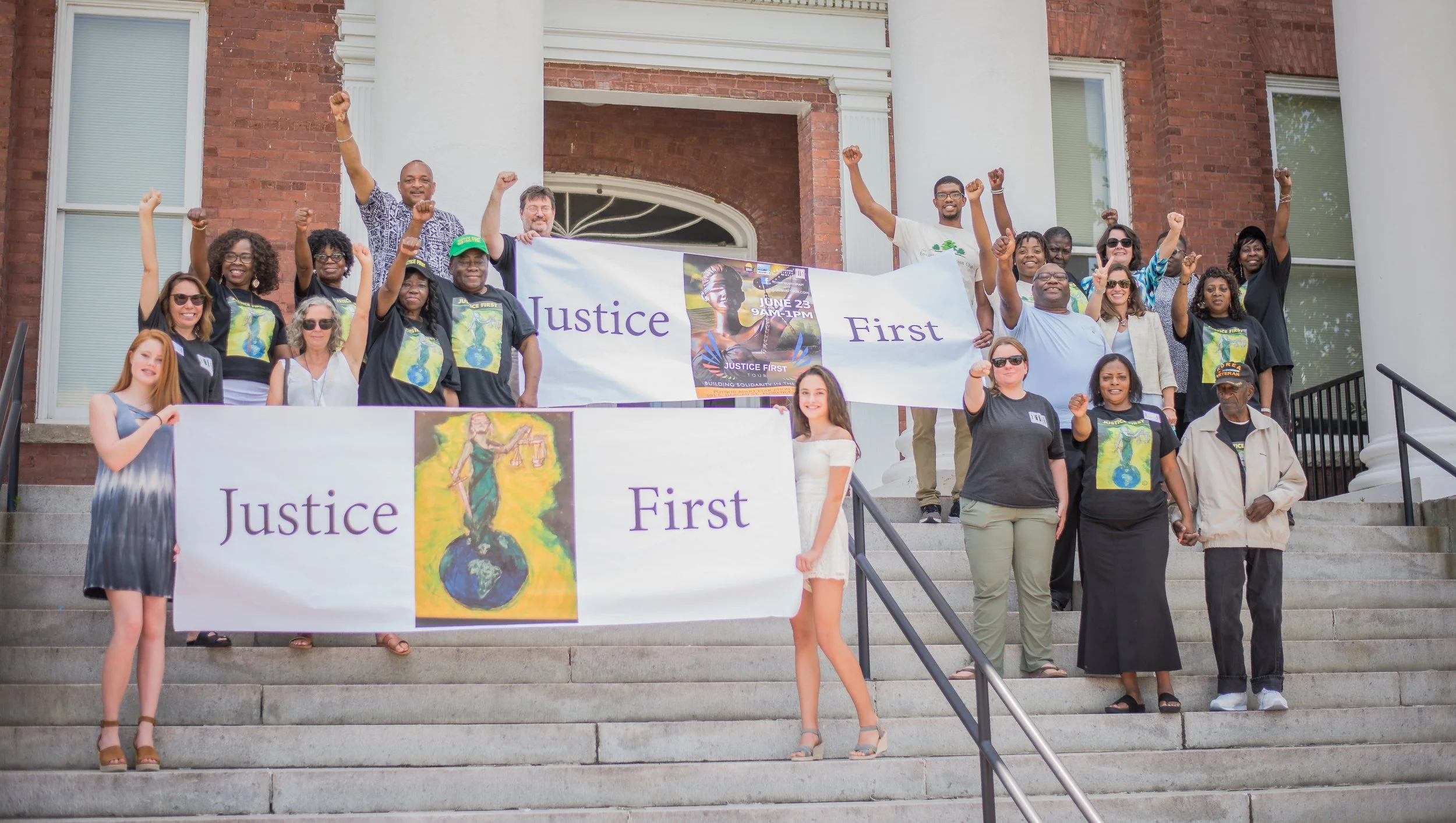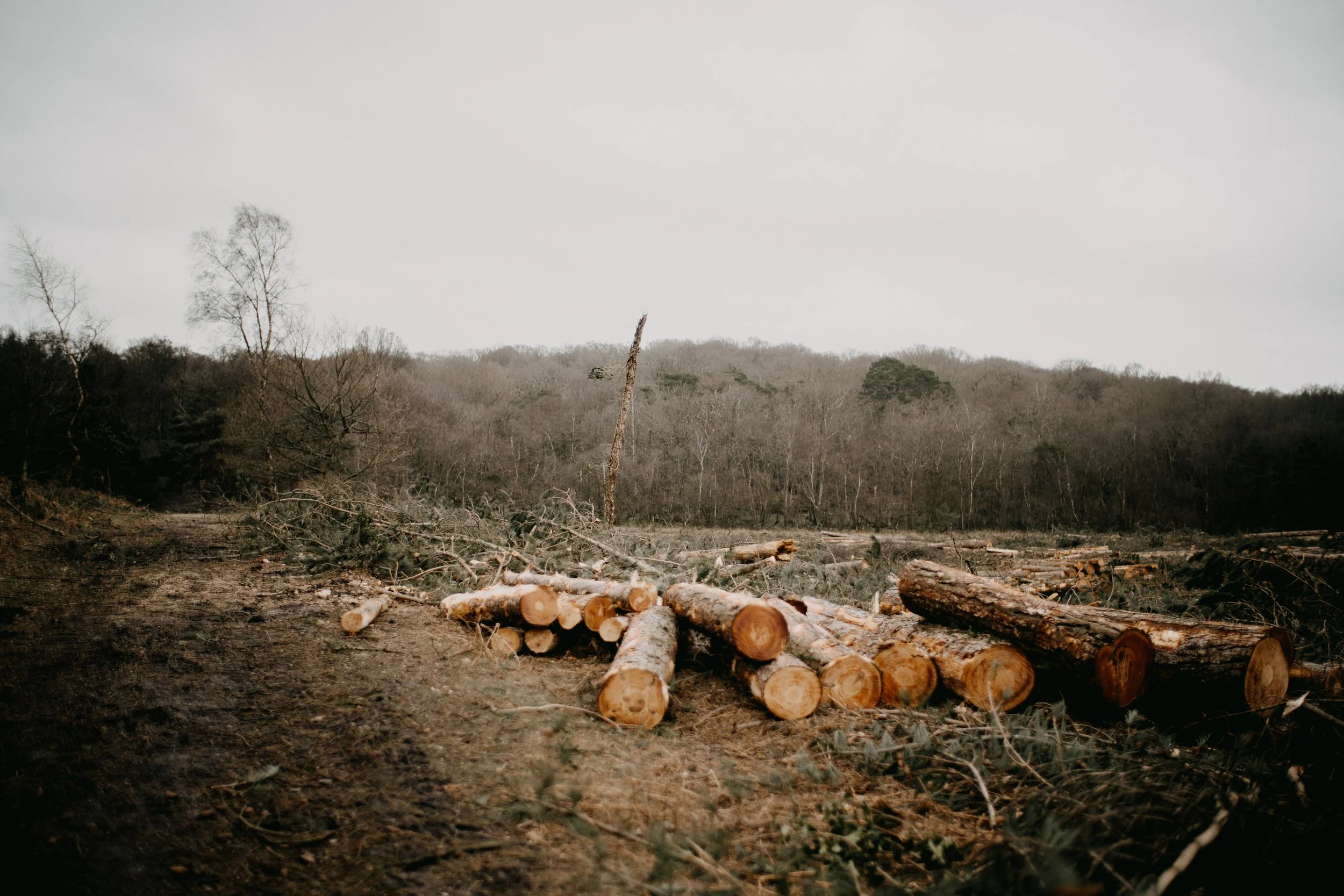On MLK Day, UNC Librarian Rodney Freeman writes that the current rise in book bans and threats against librarians is in direct conflict with our society’s commitment to honoring the life and legacy of MLK and other Civil Rights leaders.
Read MoreTo kick off the New Year, Dion’s Chicago Dream Founder Dion Dawson publishedan op-ed in Newsweek about why Food is Medicine should be a national priority. Food is Medicine programs are a proven way to provide food security, improve health outcomes, and reduce healthcare costs for our country’s most vulnerable populations. Congresswoman Robin Kelly (D-IL) is a key leader on this issue. In November, she introduced the FOOD as Health Act, which would direct $20 million in grants to Food is Medicine programs. In addition to endorsing this legislation, Dion recently joined the advisory council of the Food is Medicine Institute at Tufts University.
Read MoreWhat do we do now to effectively address the climate crisis? In The Chronicle of Philanthropy, The Solutions Project’s Mark Ruffalo, aka The Hulk, and Gloria Walton, an award-winning climate leader, urge their fellow philanthropists to recognize the need to invest in community-led climate solutions. This is no longer just a theory. It’s the proven reality reflected in new data and powerful examples of equitable, grassroots-powered climate action across the country.
Read MoreFor National Librarian Day (April 16), Rodney Freeman, librarian and producer of the documentary Are You a Librarian?, penned a Newsweek essay celebrating librarians as heroes. He highlights librarians’ long history of promoting a healthy democracy and standing up for access to information, from Black librarians fighting to end the segregation of libraries during the Jim Crow era, to present-day librarians pushing back against censorship and book bans.
Read More
Our Southern forests are a national treasure. On President’s Day weekend, the Atlanta Journal-Constitution ran an op-ed by Treva Gear, PhD, founder of Concerned Citizens of Cook County, calling on Pres. Biden to address a blank spot in his environmental justice agenda: protecting Southern forests and communities from the dangerous and destructive wood pellet industry.
Read MoreEnvironmental justice leader Katherine Egland is calling on President Biden to stop the biomass industry from harming our climate and disadvantaged communities in the South.
Read MoreIn a Newsweek opinion piece, Kathy Egland of EEECHO — who chairs the national NAACP board’s Environmental & Climate Justice Committee – calls on President Biden to patch a hole in his ambitious environmental justice agenda: industrial-scale logging and highly polluting wood pellet mills cropping up in low-income, majority-Black communities across the South.
Read MoreDion’s Chicago Dream delivers weekly boxes of healthy fruits and vegetables to households in need. In his Chronicle of Philanthropy opinion piece, founder Dion Dawson calls on food charities to take a fresh approach to tackling food insecurity.
Read MoreIn Environment+Energy Leader, Reshma Singh, senior advisor at the Department of Energy’s Building Technologies Office, explains the opportunities & challenges associated with making buildings the heart of climate action.
Reshma is also the director of Berkeley Lab’s IMPEL & Cradle to Commerce programs, two cutting-edge initiatives designed to accelerate the process of getting important clean technologies to market.
Read MoreWhen Rep. Donald McEachin (D-VA) passed away, the environmental justice movement lost a powerful champion in the House of Representatives. In Newsweek, renowned environmental justice leaders Dr. Mustafa Santiago Ali of the National Wildlife Federation & the Rev. Leo Woodberry of Kingdom Living Temple urge Congress to build on Rep. McEachin’s legacy.
Read MoreAhead of his meetings at the White House and Capitol Hill, the Reverend Leo Woodberry pens an op-ed for The Hill outlining key ways federal policymakers can advance environmental justice and ensure community-based environmental justice groups have a fair shot at accessing Justice40 Initiative funding.
Read MoreIn an op-ed in the Fresno Bee, the mayor of Huron – one of the poorest communities in California – urges Gov. Newsom and the California Public Utilities Commission to reject changes to the state’s rooftop and community solar net-metering program. The proposed changes would put solar out of reach for many of his constituents, and jeopardize the city’s proposed community solar microgrid and energy storage project.
Read MoreAhead of COP27, environmental justice pastor the Reverend Leo Woodberry explains in Common Dreams that climate justice groups are ushering in a new era of IRON will (Innovation, Resolve, Opportunity, New approaches) to protect disadvantaged communities around the world from the impacts of the climate crisis.
Read MoreBy putting equity at the center of California's lithium development plans, the state has an opportunity to turn the Salton Sea environmental disaster into a catalyst for environmental justice, green jobs and economic development. With the support of The Solutions Project, Luis Olmedo of Imperial Valley's Comite Civico del Valle calls on state leaders to listen to the experts - those who represent Imperial County government, unions, environmental justice and public health groups and local chambers of commerce - as the Golden State plans and develops this vital clean energy resource.
Read MoreAs heat waves become longer, hotter, and more dangerous in California, vulnerable people need cooling immediately. Dr. David Eisenman of the David Geffen School of Medicine and the UCLA Center for Healthy Climate Solutions and V. Kelly Turner of UCLA’s Luskin Center for Innovation explain how chief heat officers can save lives if they direct their efforts first and foremost to frontline communities.
Read MoreU.S. forests are under attack. Government leaders and even giants in the environmental movement like The Nature Conservancy seem to have a willful blind spot about just how damaging logging and the wood products industry are for frontline communities. With the support of The Solutions Project, Rev. Leo Woodberry of New Alpha Community Development Corporation and Katherine Egland of the NAACP and EEECHO (Education, Economics, Environmental, Climate and Health Organization) call for the advancement of real climate solutions that put people - not profit – first.
Read MoreConsidered a laggard when it comes to community solar, California is now moving to make solar more accessible for low-resource and communities of color. AB2316 would create a new statewide Community Renewable Energy Program – a program aimed at bringing solar to low-resource Californians, communities of color and renters. In an opinion article in the Fresno Bee The Solutions Project grantee the Asian Pacific Environmental Network (APEN), explains why the law would be a climate and environmental justice win for low resource Californians and communities of color who are struggling with high utility bills.
Read MoreCalifornia environmental justice leaders with the Central Valley Air Quality Coalition and Solutions Project grantee Little Manila Rising are working together to make AB 2550 a law and empower the California Air Resources Board to provide technical and other support to help clean up the air in the San Joaquin Valley. The bill – just passed by the California Assembly - would help create a healthier future for frontline communities in the San Joaquin Valley where people breathe some of the dirtiest air in the nation.
Read MoreCalifornia environmental justice leader Dillon Delvo of Little Manila Rising, which advocates for those disproportionately harmed by climate change and dirty energy, recently issued a plea to the Biden administration. As the administration moves forward with its landmark Justice40 Initiative, he asks for a “grassroots up” approach. Putting federal dollars directly into the hands of marginalized communities is the best way to grow and replicate programs that are making a real difference in Black, brown and under-resourced communities.
Read MoreIn Blavity, Naomi Davis of Blacks in Green writes a powerful op-ed that counters the typical Earth Day focus on the importance of individual action on climate and environment issues. Instead, she highlights that working with your community on local climate and sustainability efforts is where your efforts can really pay off.
Read More



















